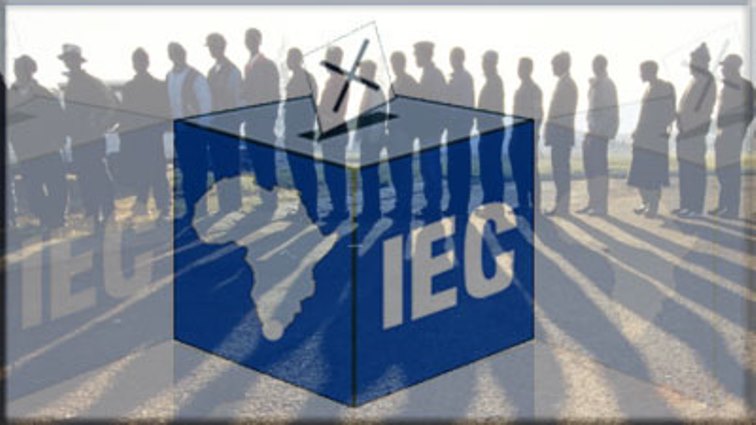President Cyril Ramaphosa has signed the Promotion of Access to Information Amendment (PAIA) Act into law. The legislation amends the Promotion of Access to Information Act of 2000.
The Act aims to provide for the recording, preservation and disclosure of information in relation to the private funding of political parties and independent candidates.
In the video below, the Constitutional Court rules that political parties should disclose private funders:
The legislation forms part of the broader reforms in political party funding in order to provide transparency on who provides donations to political parties and independent candidates.
The Act aims to ensure that heads of political parties create and keep records of any donation exceeding the prescribed threshold of R100 000.
Parties must also provide identities of the person or an entity making the donation.
The records must be made available quarterly to the Independent Electoral Commission (IEC). Donors must also disclose the donations to the IEC within 30 days. The IEC would need to report these disclosures to Parliament.
Donation records must be kept for a period of five years.
In 2018, the Constitutional Court ruled that the public has a right to know who funds political parties. The judgment confirmed a 2017 Cape Town High Court ruling that certain parts of the PAIA Act were unconstitutional. This because they did not provide for the disclosure of private funding for political parties.
Pressure group, My Vote Counts, had taken the matter to court.
The organisation believes that the disclosure of such information will assist voters in making informed decisions about who they choose as leaders of society.
In the video below, My Vote Counts wants Party Political Funding Act operational:






